11 Books for Black History Month You Won't Find in History Class
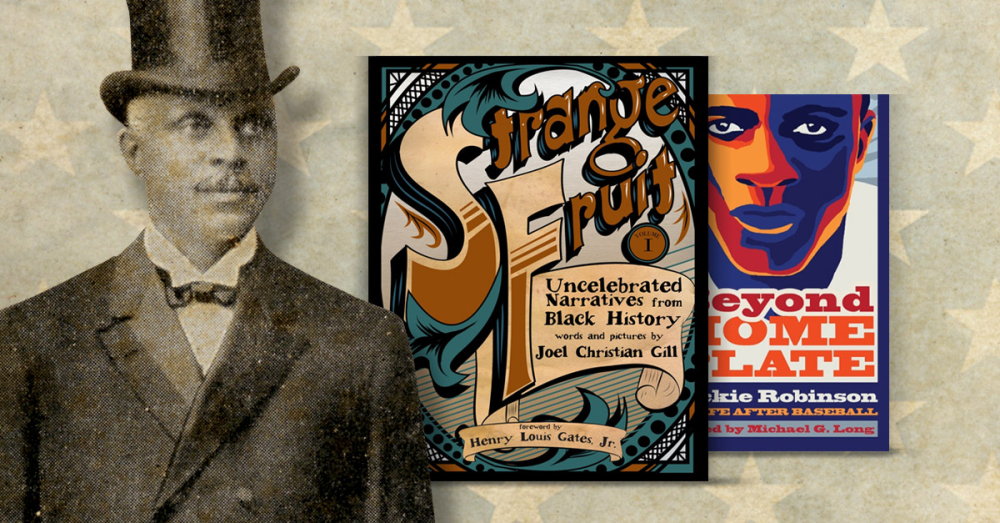
February is Black History Month and, on social media, we’ve been recommending a book a day to help fill in some of the holes your history books might have skipped over. Now we’ve rounded up the best of those books and helpfully compiled them into one easy reading list. Here, we’ve turned it up to eleven with our top recommendations.
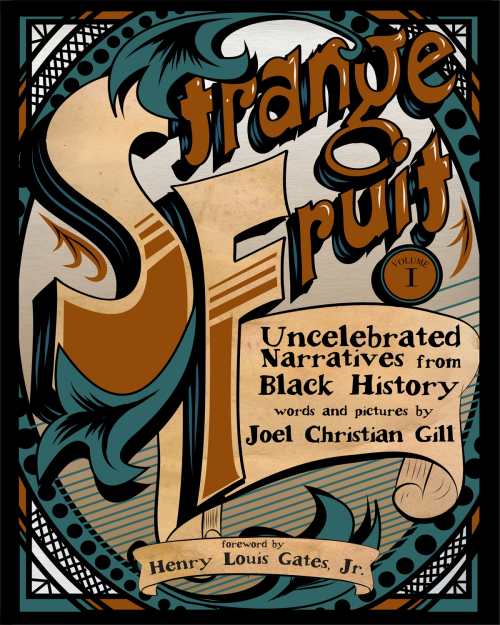
Strange Fruit: Uncelebrated Narratives from Black History Volume 1 by Joel Christian Gill (Fulcrum Publishing)
Gill’s work tells the fascinating real life stories of nine oft-forgotten black men from American history, filling a definite void in America’s painfully white history books.
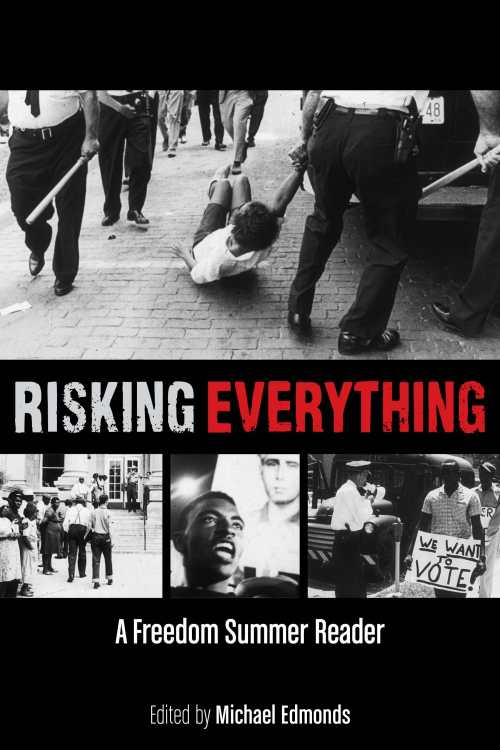
Risking Everything: A Freedom Summer Reader edited by Michael Edmonds (Wisconsin Historical Society Press)
This moving collection reminds Americans of the determination of the people involved with Freedom Summer.
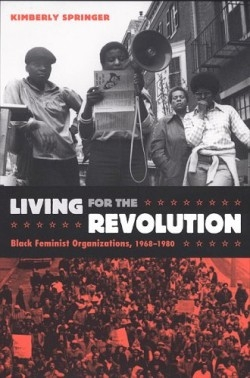
Living for the Revolution: Black Feminist Organizations 1968–1980 by Kimberly Springer (Duke University Press)
For quite some time, black women have been in a precarious position regarding the politics that are of interest to them. Interested in both civil rights and feminism, black women formed their own organizations determined to do the work that mattered to them.
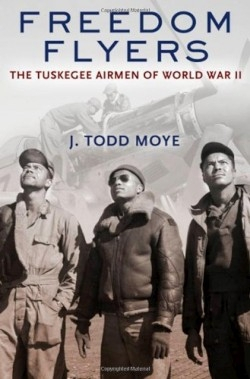
Freedom Flyers: The Tuskegee Airmen of World War II by J. Todd Moye (Oxford University Press)
From 1941 to 1945, almost a thousand African-Americans graduated from the Tuskegee Army Flying School. Their story of fighting for victory against America’s enemies while combating segregation at home is well told here in this historical investigation that skillfully blends interviews with archival research.
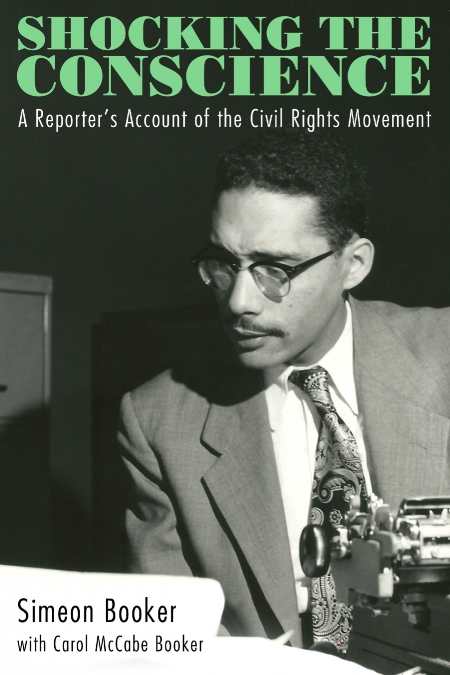
Shocking the Conscience: A Reporter’s Account of the Civil Rights Movement by Simeon Booker with Carol McCabe Booker (University Press of Mississippi)
Years before the brutal treatment of blacks was acknowledged in the white mainstream press, Jet, according to comedian and activist Dick Gregory, “shocked the conscience of the nation and world.” And no one more than Simeon “the man from Jet” Booker covered so compellingly the 1955 Emmet Till murder, the 1961 Freedom Riders journey in Alabama, and the 1965 Bloody Sunday showdown in Selma, Alabama. The author’s you-are-there narratives transport the reader back to these chilling events.
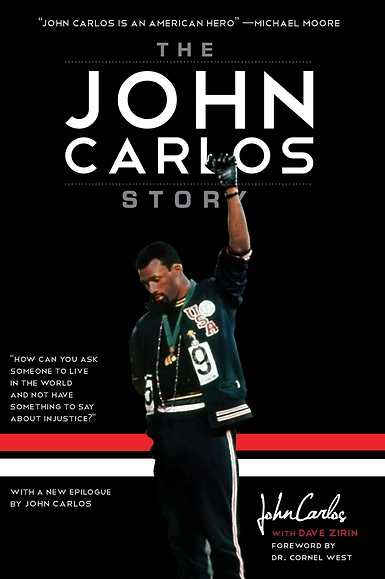
The John Carlos Story by John Carlos with Dave Zirin (Haymarket Books)
This is a good look at the most well-known Olympic Games medal ceremony of all time and what led one man to infamy. More than just another great sports story, it’s a fascinating look at a pivotal time in America’s history.
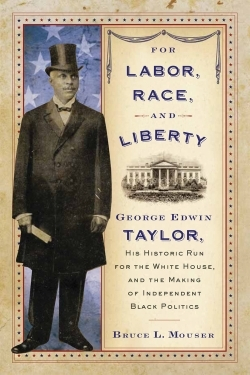
For Labor, Race, and Liberty: George Edwin Taylor, His Historic Run for the White House, and the Making of Independent Black Politics by Bruce L. Mouser (The University of Wisconsin Press)
An extraordinary sweeping biography of Taylor—the first African American to run for president—and an exposition of the development of independent Black politics at a crucial time in American history.
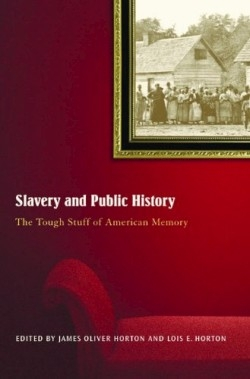
Slavery and Public History: The Tough Stuff of American Memory edited by James Oliver Horton and Lois E. Horton (The New Press)
Together, these essays call for widespread public education at historical sites to remedy the pernicious, and too often incorrectly portrayed, legacy of slavery that continues to distort history. This lively and thought-provoking collection succeeds admirably in its intended purposes as it explores modern racism’s bitter roots.
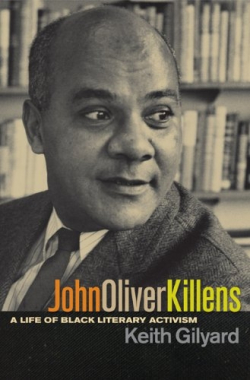
John Oliver Killens: A Life of Black Literary Activism by Keith Gilyard (University of Georgia Press)
Hailed as the dean of African American writers in the 1980s, John Oliver Killens wrote fiction, nonfiction, and taught at the university level. He moved in the same circles in the 1950s and 1960s as Dr. Martin Luther King, Jr., Maya Angelou, Malcolm X, Langston Hughes, Harry Belafonte, and many others.
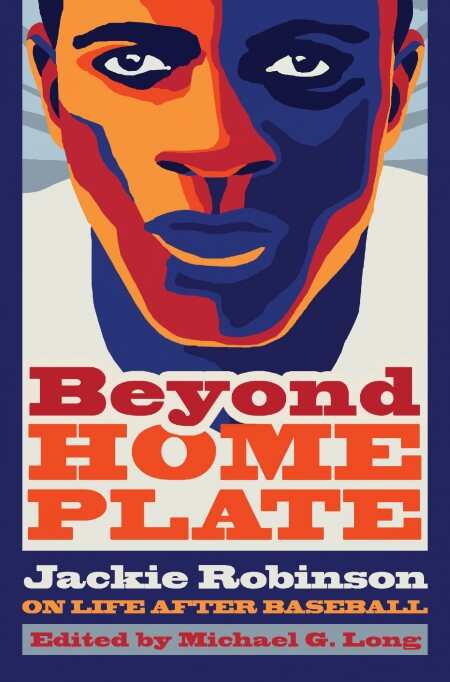
Beyond Home Plate: Jackie Robinson on Life after Baseball edited by Michael G. Long (Syracuse University Press)
After Jackie Robinson ended his major league career with the Brooklyn Dodgers, he became a nationally syndicated columnist for the New York Post (1959-60) and then the influential African-American paper the New York Amsterdam News (1962-68) and a relentless advocate of “first-class citizenship” for African Americans.
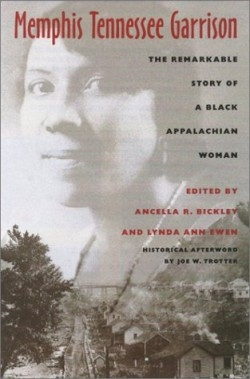
Memphis Tennessee Garrison: The Remarkable Story of a Black Appalachian Woman edited by Ancella R. Bickley and Lynda Ann Ewen (Ohio University Press)
Memphis Tennessee Garrison was an Appalachian schoolteacher and prominent early figure in the National Association for the Advancement of Colored People (NAACP). She spear-headed the Negro Artists’ Series in the 1920s and brought black performers to the area. And she was a vice-president of the NAACP board of directors in the early 1960s and a member of President Lyndon Johnson’s 1964 National Citizens Committee on Community Relations.

Allyce Amidon is the associate editor at Foreword Reviews, where she blogs about comics and graphic novels. You can follow her on Twitter @allyce_amidon
Allyce Amidon
